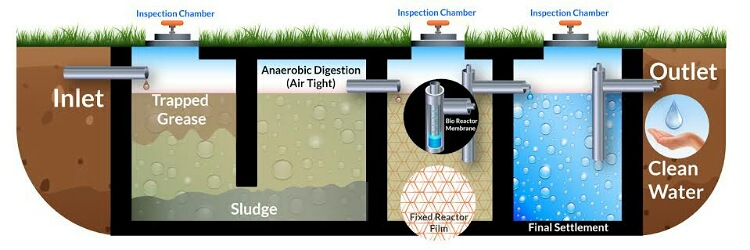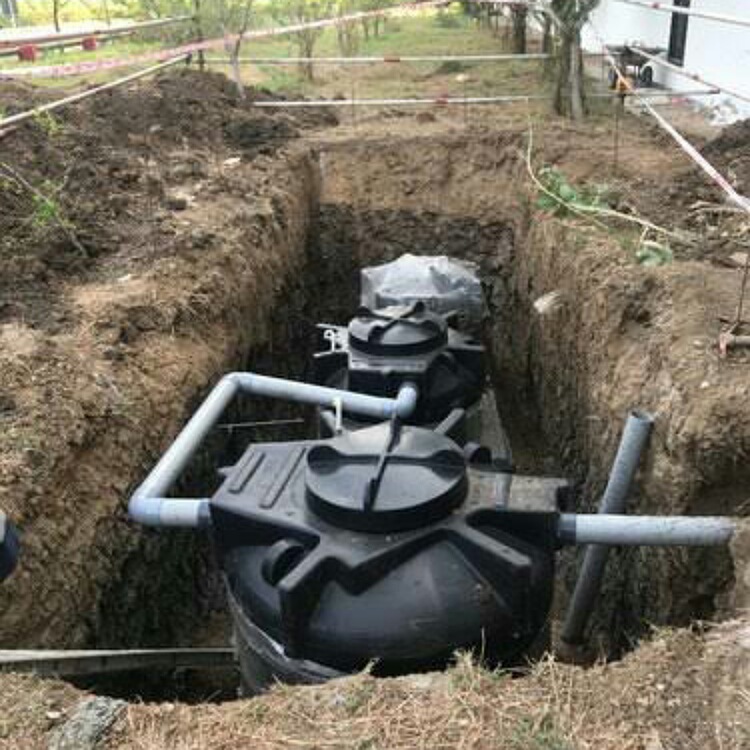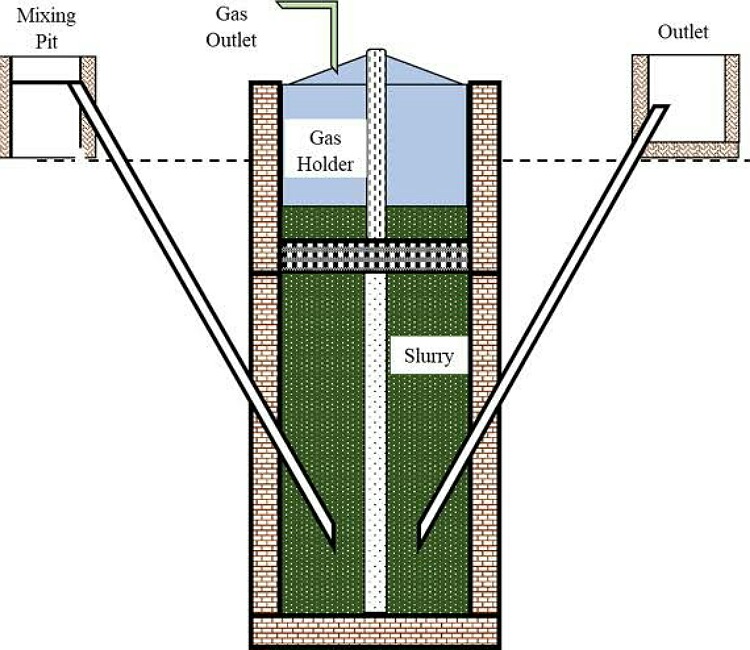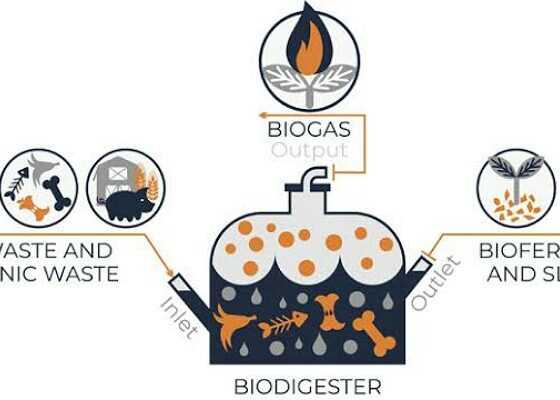Biodigesters are special machines to handle food waste and reduce carbon footprint. What are its advantages? Do they have any drawbacks?
What are biodigesters?
Biodigesters are special machines to biologically reduce food waste. Food businesses or those dealing with travel, tourism and catering can use it to minimize food waste and become sustainable. That will lessen carbon footprint, help the environment and save the planet. It will reduce global warming and help humans too. Thus, they are beneficial in the long run.

The machines digest organic matter aerobically (with oxygen) or anaerobically (without oxygen). There are bacteria and other microorganisms in this system that rapidly break down the organic foods and other materials.
Advantages
The biodigester is a closed system. Therefore, there is no bad odor emitting out of it. Moreover, it keeps off flies and rodents and is thus hygienic. Besides being environment friendly, it can save money. This is because businesses can now manage waste on site. This reduces their overhauling costs.
These systems are easy to use and are almost maintenance free. They use living organisms and do not require a lot of maintenance. Food waste in the USA is nearly 40% of the produce. This is significant and goes in landfills. Here, the decaying foods emit carbon dioxide and methane gas.

Both affect the environment leading to its warming. Climate change takes place and results in droughts and floods. Temperature extremes also occur and can affect human health as well as the health of our edible crops. Food yield falls and food insecurity rises.
With biodigester, methane and carbon dioxide can be used in a better way by capturing them well in the closed system. These become biogas and it can be stored and employed to give energy sustainably. This energy can be used for cooking, heating, and electricity production.
The digestate is what remains after the biological digestion in the system. It is rich in nutrients such as phosphorus and nitrogen. Farmer’s can use it to enrich their farm soil and have more yield. Farmer’s and food enterprises can establish a mutual relationship on it.
Disadvantages
There are no disadvantages per se of use of these food degrading systems. But anaerobic biodigester can still pollute the atmosphere. It generates carbon monoxide, sulphur dioxide, nitrogen oxides that can enter the air and pollute it.
When cruise ships put the sludge into the sea, the nutrients in it can harm the aquatic life. Instances of toxic spills can occur. Some systems lack the odor control solutions in them. These can release highly odoriferous compounds into the environment giving a bad stench. And if the biodigester is off-site, one has to incur transportation charges to transfer the food waste to those facilities for biodegradation.

Additionally, this system requires more than food waste in order to produce enough electricity. It would need feedstock that would require land to grown. And this would add to the carbon footprint. Thus the purpose of saving the environment with these machines would be defeated. And last but not the least, they are expensive. Each can cost as high as USD 50k.
